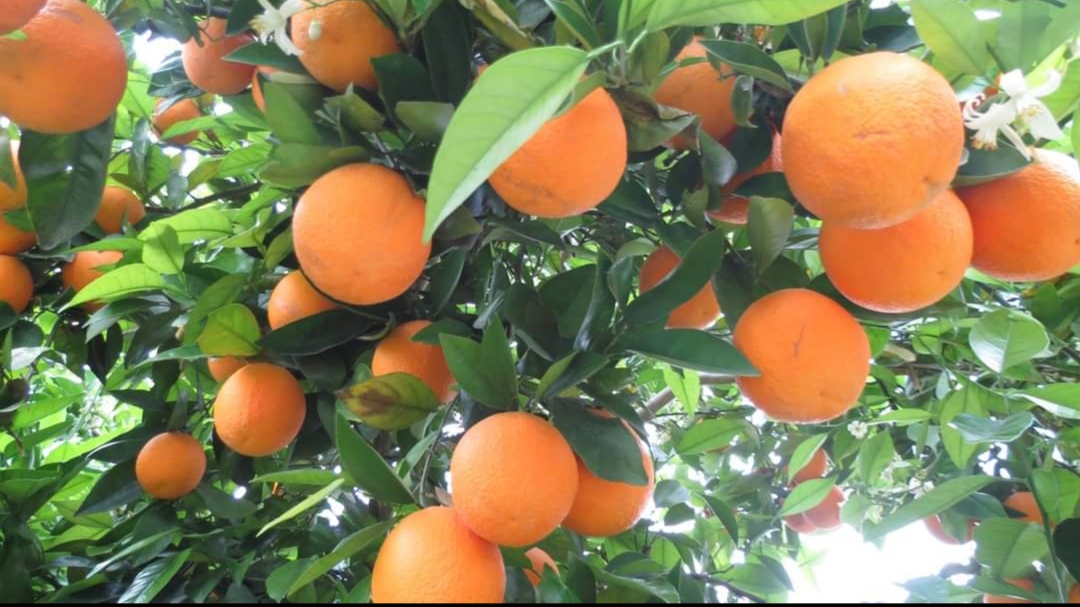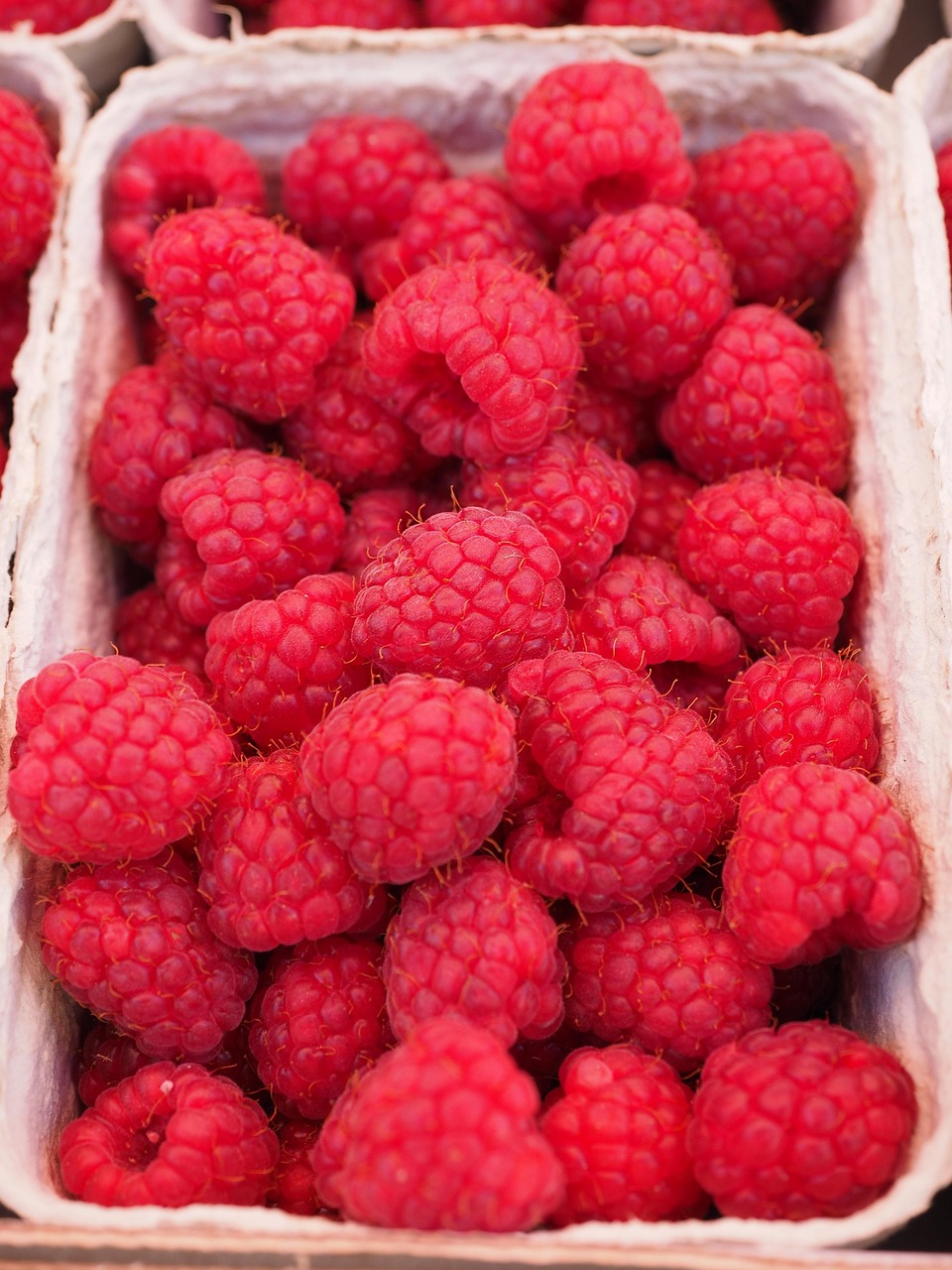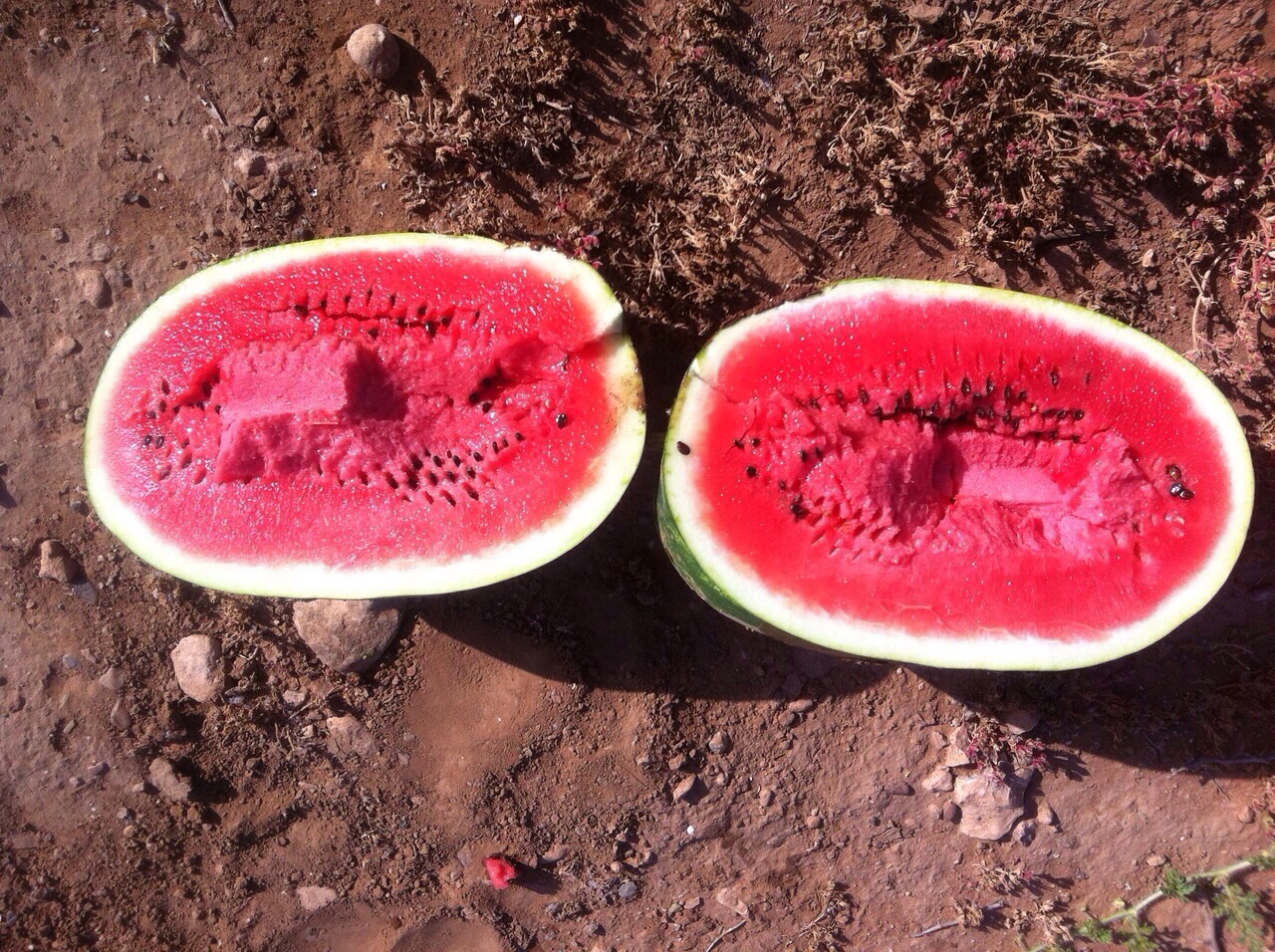Morocco is internationally recognized as one of the leading producers and exporters of citrus fruits. From the sweet taste of mandarins to the refreshing zest of oranges and lemons, Moroccan citrus has earned a reputation for exceptional flavor, consistent quality, and reliable supply. But what makes these fruits stand out on the global stage? Let’s explore.
A Perfect Climate for Citrus Cultivation
Morocco enjoys a Mediterranean climate with long sunny days, mild winters, and fertile soils enriched by the Atlantic breeze. This unique environment creates the ideal conditions for citrus fruits to thrive, producing:
- Naturally sweet mandarins and clementines
- Juicy, vibrant oranges
- Fragrant lemons with a perfect balance of acidity
These natural advantages allow Moroccan citrus to develop the rich color, sweetness, and juiciness that international buyers value.
Commitment to Quality and Standards
Moroccan citrus producers follow strict quality control measures to ensure fruits meet international certifications such as GlobalG.A.P., HACCP, and ISO standards. From harvest to packing, every step is designed to preserve freshness and deliver fruit that is:
- Carefully handpicked at peak ripeness
- Sorted and graded for size, color, and quality
- Packed in modern facilities using cold-chain logistics to guarantee long shelf life
This commitment makes Moroccan citrus a trusted choice in export markets.
A Growing Export Success
Morocco exports millions of tons of citrus fruits annually, with mandarins and clementines leading the way. The country’s strategic location—close to Europe, the Middle East, and North America—allows for efficient transport and rapid delivery to international markets.
Key export destinations include:
- Russia and the Middle East
- Europe (France, Spain, the UK, and Germany)
- North America (USA and Canada)
Flavor That Stands Out
What truly sets Moroccan citrus apart is flavor. The balance of natural sweetness and refreshing acidity makes Moroccan oranges and mandarins especially popular with consumers. The fruits are not only enjoyed fresh but also used in juices, desserts, marinades, and culinary creations around the world.
Sustainable Agriculture for the Future
Citrus farming in Morocco is increasingly guided by sustainable practices such as:
- Drip irrigation to save water
- Eco-friendly pest management
- Investments in renewable energy for farming and packaging facilities
These efforts ensure Morocco can continue to supply the world with citrus fruits while protecting the environment for future generations.
Conclusion
Moroccan citrus fruits combine the best of nature, tradition, and modern agriculture. With their unbeatable flavor, certified quality, and reliable supply chain, they have earned their place as leaders in global citrus trade.
Fresh, flavorful, and sustainably grown—Moroccan citrus is the taste the world loves.



